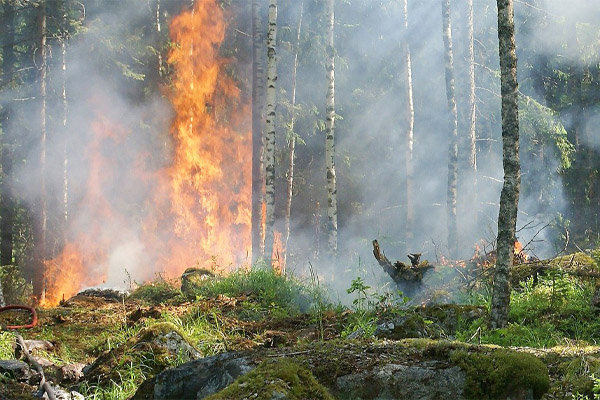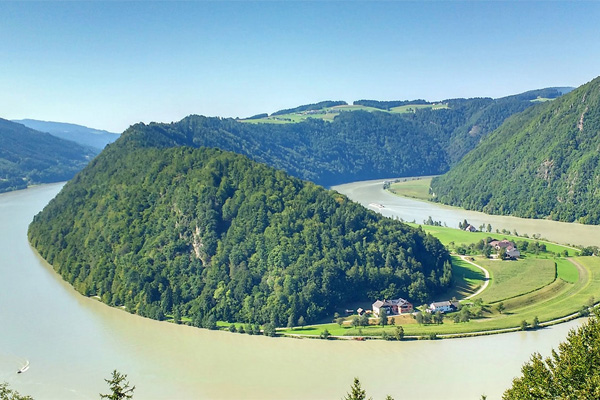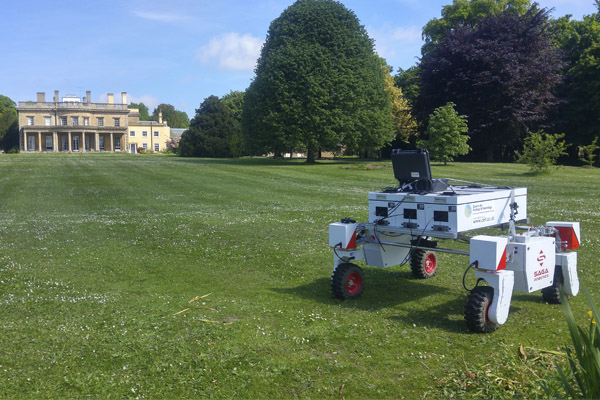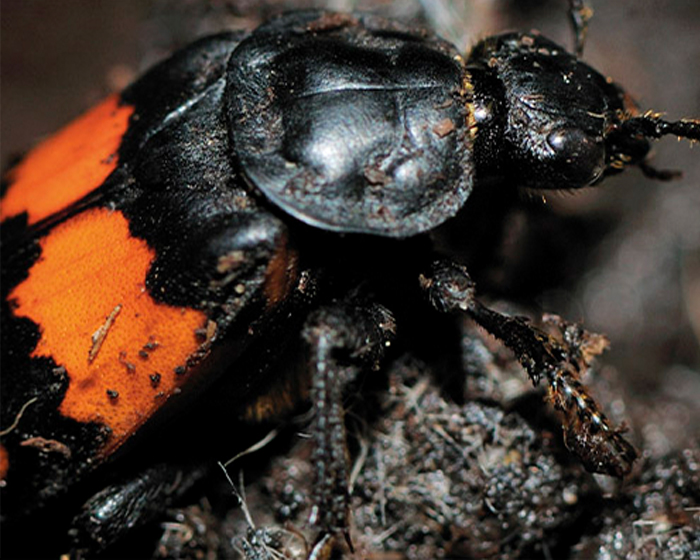UN SDG 13: Climate Action
Take urgent action to combat climate change and its impacts.
According to SciVal our colleagues produced 29 outputs relevant to SDG13 in 2022 and 29 in 2021.
Topal, D. et al. (2022) Discrepancies between observations and climate models of large-scale wind-driven Greenland melt influence sea-level rise projections. Nature Communications 13
DOI: 10.1038/s41467-022-34414-2
Barnes, r. (2022) An Advisory Opinion on Climate Change Obligations Under International Law: A Realistic Prospect? Ocean Development and International Law 53 180-213
DOI: 10.1080/00908320.2022.2106329
Overview
The University declared a Climate and Biodiversity Emergency in May 2019 and since then have made rapid progress in reducing our emissions and developing a fully costed plan to be net zero by 2040. Net zero is embedded into the University's ambitions for the future through our strategic plan where we aim to develop a vibrant campus that is working towards net zero that is both inclusive and accessible. The University is one of the founding members of the Lincoln Climate Commission, which has the ambition to lead the City of Lincoln to net-zero by 2030.
Within our teaching at Lincoln, net zero is not just a scientific problem but a cross curricular concern which is present in areas such as the arts too. For example, work has been done in courses such as Fine Art to consider art in the Anthropocene, producing inspirational work.
Promoting Net Zero
Alongside local partners such as The Lincoln Climate Commission and The Lincolnshire Wildlife Trust, we run a week-long climate action festival in the autumn of each year which is open to students, staff, and the public. It provides an opportunity for a multi-disciplinary view of climate change and its impacts on people, raising awareness of how we can all take climate action in our everyday lives. The weeks events can include litter picks, dinners made from plant-based surplus food, and a pop-up fashion and climate action exhibition.
Net Zero Research
We have an energetic net zero network which holds regular meetings on all aspects of the University’s net zero work. Some highlights of our collaborative research in this area include:
- TuberNet Zero, a collaboration between the potato industry and academics led at Lincoln by Sandra Varga and Iain Gould to decarbonise the UK’s potato supply chain.
- Project High Speed Header: Next generation Combines, who are developing a tractor mounted harvesting implement which will reduce the weight and therefore impact of traditional large harvesting machines.
- Project ARWAC Attack Black Grass which is exploring novel lightweight weeding machines that can operate autonomously.
- University of Lincoln Professor of River Systems and Global Change, Mark Macklin’ has been working with Lincolnshire County Council on The Adaptive and Resilient Coastal Communities Project for Lincolnshire to identify and protect areas at risk from flooding.
- Our researchers within engineering are working on industry funded projects to reduce the emissions associated with combustion engines and gas turbines.
One Step Greener
The One Step Greener exhibition was organised as part of the University’s contribution to COP26. The exhibition was designed to explore how creative practices can be made more sustainable by looking at both individual and collective action.
Explore More
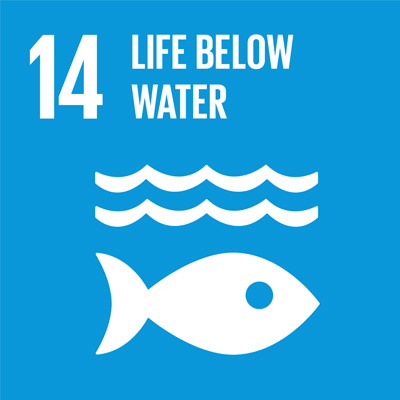
UN SDG 14: Life Below Water
Conserve and sustainably use the oceans, seas and marine resources for sustainable development.

